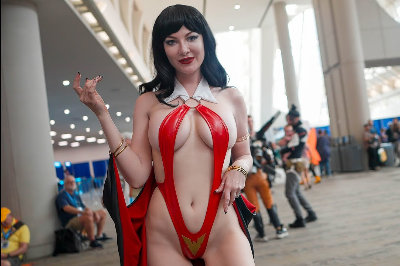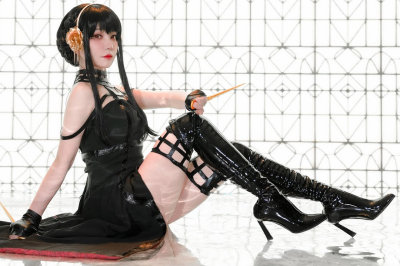Interview by Mark Bayross
Ever since GIRL FROM MARS, Ash have been steadily building a following among indie and rock circles. Their third album, 1998’s NU-CLEAR SOUNDS was a stark contrast to the unit-shifting 1977, presenting a more mature, thoughtful side to the band.
Now, ahead of a new single and album, they are about to embark on a tour of small clubs and venues, voted for by their fans on the Internet. I spoke to bass player Mark Hamilton…
Is this upcoming tour a bit of a gamble?
No, not really. The album will be finished in a month and will be released next year – we didn’t want to sit around doing nothing in the meantime. We don’t have a major tour or anything, and there’s a new single coming out in January, so it’s not a gamble at all. The website got 10,000 hits on the first day.
What will the new album sound like?
It’s continuing on from where we left off. The album has turned out really class so far. Actually, we’re having problems working out which songs to release as singles – there are seven or eight blatant chart singles on the record. We had to struggle a bit with NU-CLEAR SOUNDS because a lot of that wasn’t chart-friendly. This one is almost the opposite.
Are you going to be adding any new elements to the Ash sound?
We’ve been messing around with a lot of samples, stealing sounds and sequencing them into the songs. But we don’t intend to get too carried away with all that – this is going to be a rock album with great melodies on it. We’re setting our standards high, we’re trying to do what Nirvana did with “Nevermind”. We’re trying to make a strong album.
What kind of difference has Charlotte (Hatherley, second guitarist who joined in 1998) made to the group?
A lot. When playing live, we can get much closer to the sound we recorded. She’s also co-written one of the songs on the new album. She’ll probably do some solo stuff, I don’t know when. It’s kind of difficult for her, really. She’s joined a close-knit group, a situation which can be quite intimidating, but she settled in really well really quickly. Now she’s just one of us.
How did you come about doing the music for A LIFE LESS ORDINARY?
Danny Boyle rang us up and said that he’d heard a song off 1977 that he’d love to have in his film, but asked if we could possibly write an original tune instead. So Tim wrote a new song around a scene in the film.
How did it feel filling in for Nine Inch Nails when they pulled out of the Lost Weekend?
That was a nightmare. The audience was pretty much made up of the Kerrang! crowd, and a section of them accepted us and a section of them didn’t like us being there at all. The whole thing was really not an experience we’d want to repeat. Having said that, there definitely was a core of people there who had gone along to see us.
You’ve shared a stage with a number of big name acts – which of have you most enjoyed playing with?
I’d have to say my favourite tour was the one we did with Weezer. We spent a couple of months touring the States with them and we got on really well. It was great fun supporting them, and I got to work with the pyro crew, doing the lighting. I guess we shared a compatible crowd. We also had brilliant tours with Idlewild, and played below Sonic Youth on the bill at Reading – meeting them was great. I guess the biggest name we’ve played with was U2, when we played the peace referendum concert in Belfast.
What would you say has been the highlight of Ash’s career so far?
That show in Belfast. It was a really big deal for us. For a start, it was our home, but also we seem to have made a difference – the referendum went through. It was looking really shaky beforehand, but the press covered the build-up to the show. There were pictures of Bono and Tim on the front of all the tabloids for three or four days before and after the show. I think that concert really swung it. With the publicity it generated, it became a pivotal point and it turned the campaign.
Another success that has really meant something has been the fact that we have done well in the States. We’ve sold about 50 or 60,000 albums there. I know that’s not a lot when you look at the size of the country, but it means a lot to us. We always thought it would be great to have success in the States, and now we are playing to audiences of 2 or 3,000 people there. I guess we do relatively well around the world. We just need to have enough success to be able to do what we want.



